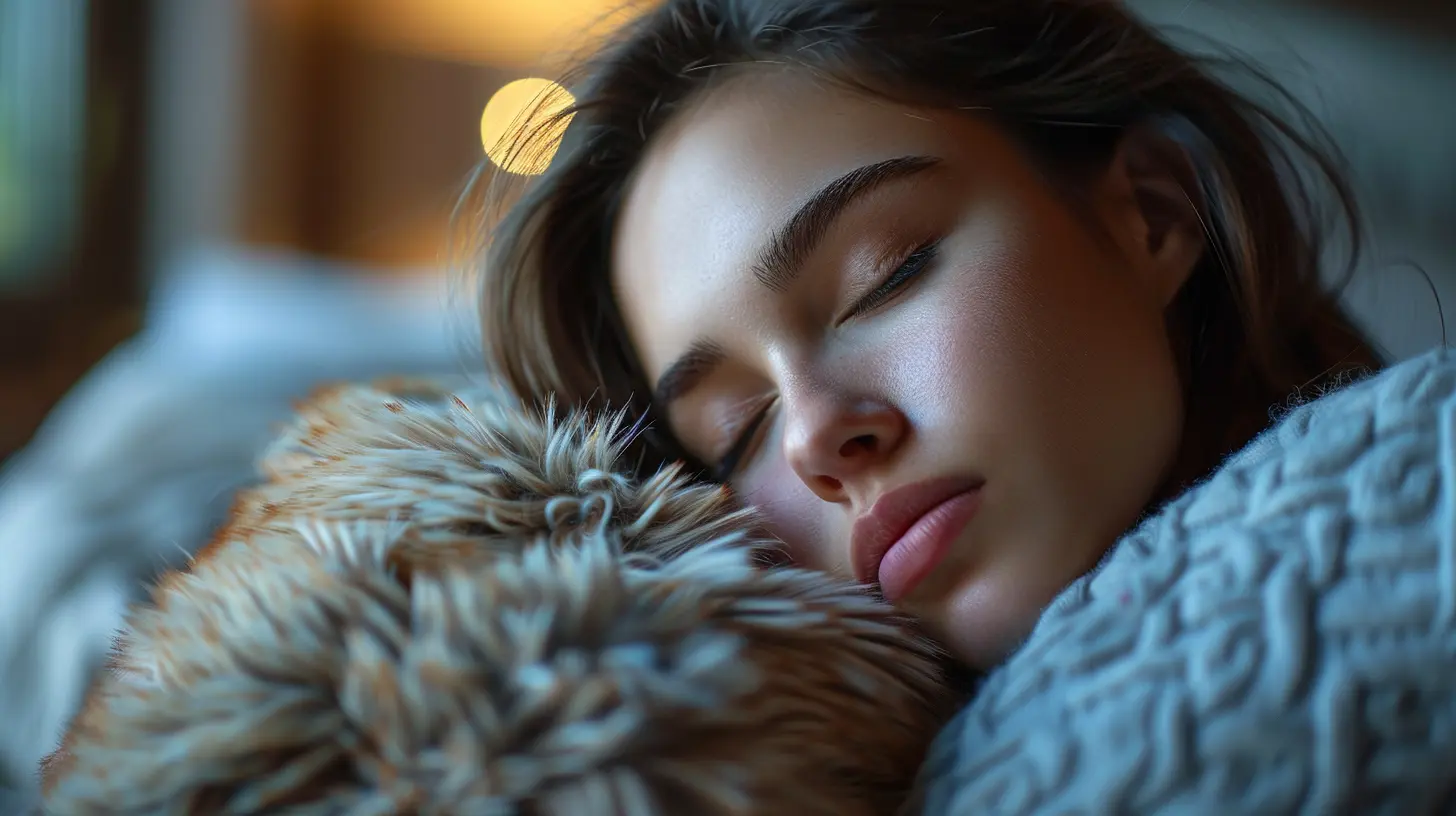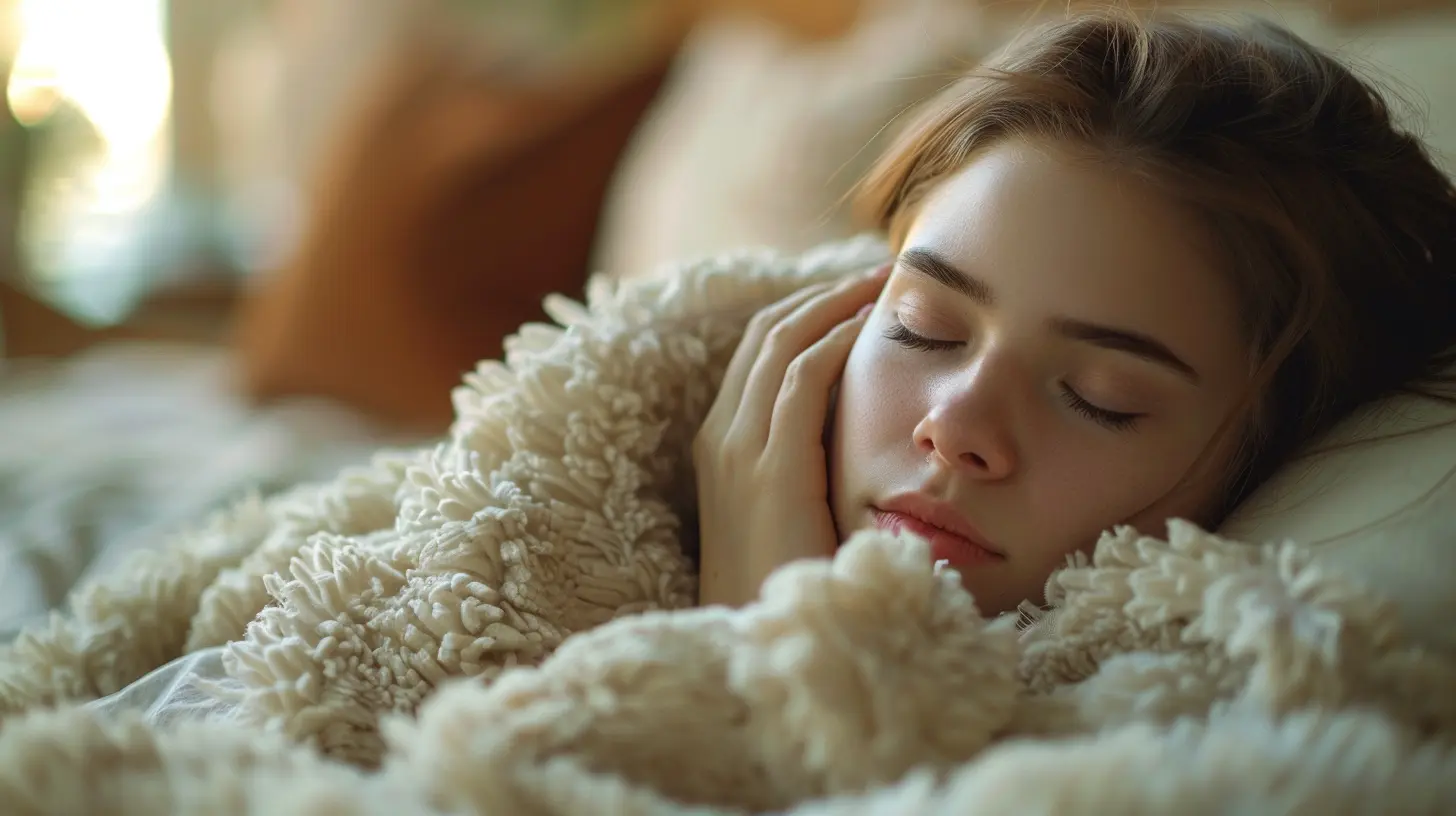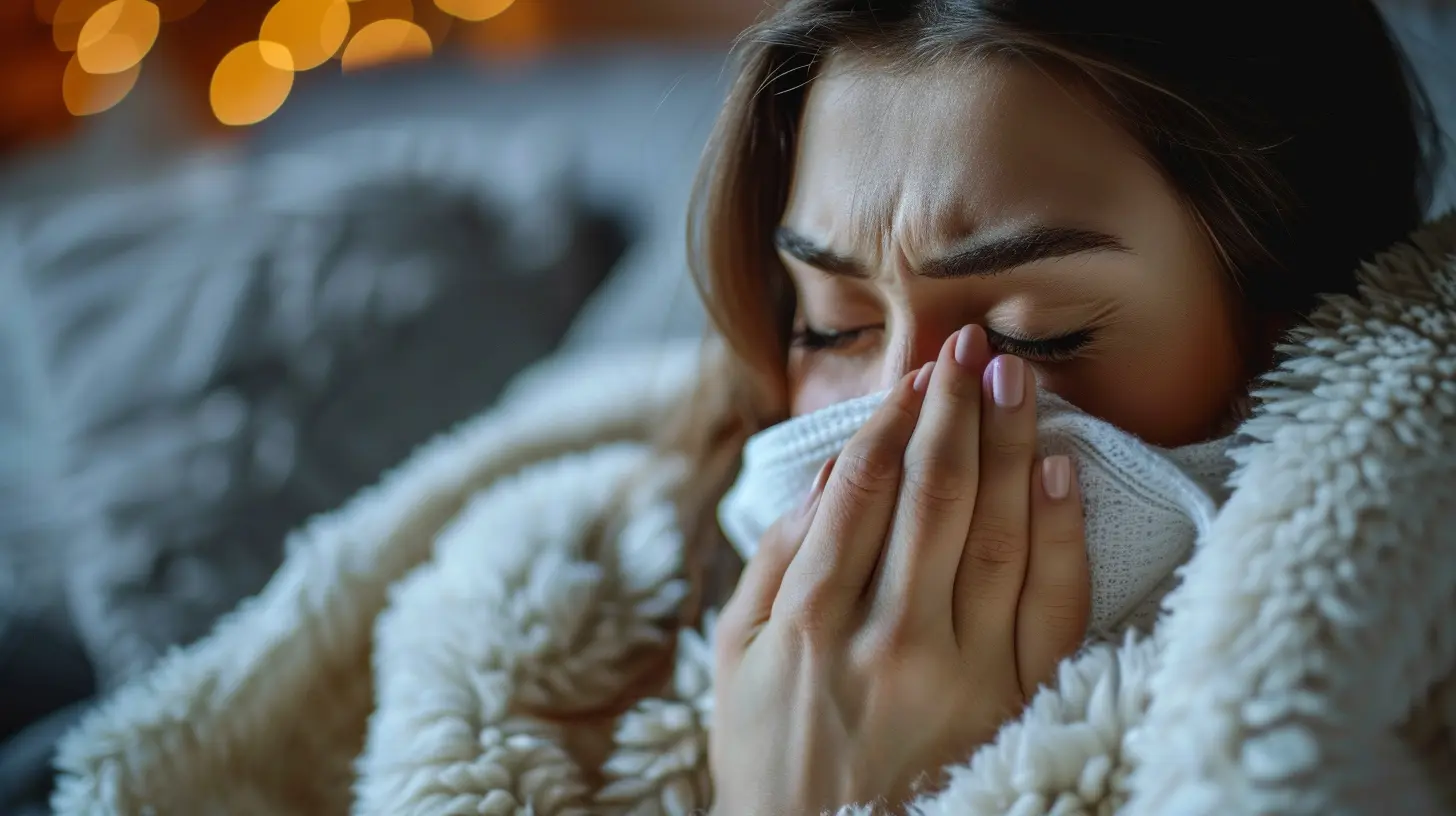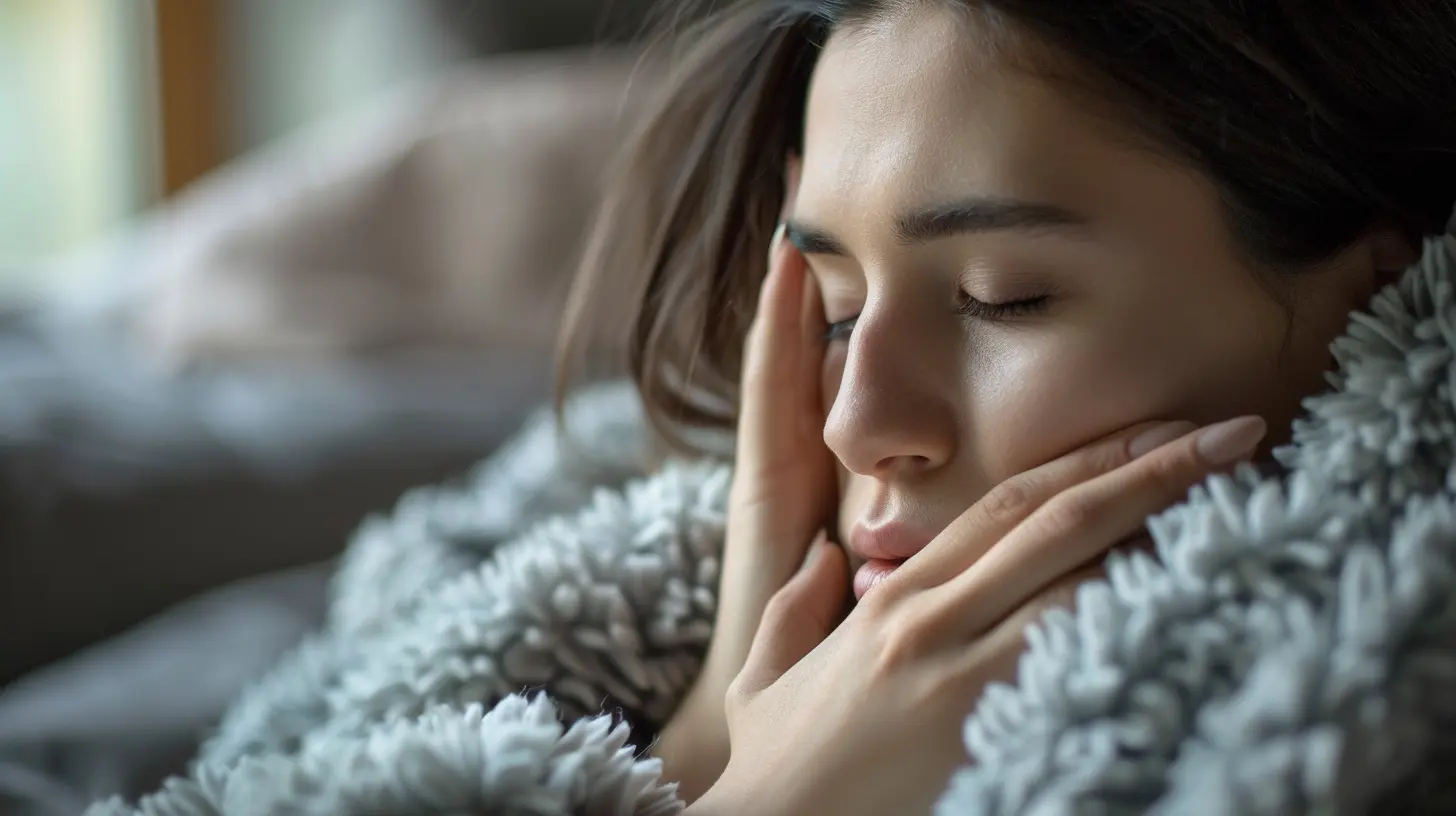The Surprising Relationship Between Allergies and Sleep Quality
5 October 2025
We’ve all had those nights—tossing, turning, sneezing, sniffling, or worse, gasping for air because of blocked sinuses. If you suffer from allergies, poor sleep probably isn’t anything new to you. But here’s the kicker: allergies are more than just a springtime nuisance or a seasonal inconvenience. They can wreak havoc on your sleep—and in ways you might not even realize.
In this deep dive, we’re going to unravel the surprising relationship between allergies and sleep quality. If you’ve ever wondered why you wake up groggy even after going to bed on time, or why your bed seems like a battleground during allergy season, this article is for you.
What Exactly Are Allergies?
Let’s get down to basics. Allergies happen when your immune system overreacts to substances that are usually harmless—things like pollen, dust mites, pet dander, or mold. Your body basically treats these allergens like dangerous invaders and releases chemicals like histamine to fight them off.What does that mean for you? Hello sneezing, runny nose, itchy eyes, coughing, and nasal congestion. Not exactly the recipe for a restful night's sleep, right?
How Allergies Sneak Into Your Sleep
Allergies don’t clock out at bedtime. In fact, many of them turn into night-shift nuisances. Let’s break it down:1. Nasal Congestion: The Breathing Blockade
You lie down to sleep and—bam!—your nose blocks up like a clogged drain. That’s because when you lie flat, blood flow to the upper part of your body increases, worsening inflammation in your nasal passages. Congestion compromises airflow, which can keep you up longer or even cause you to wake up multiple times through the night.Ever tried breathing through your mouth all night? Not only is it uncomfortable, but it can also dry out your throat and lead to snoring or even sleep apnea.
2. Postnasal Drip: The Silent Sleep Disruptor
This one’s sneaky. When your sinuses produce excess mucus (thanks, allergies!), it doesn’t just stay put. It drips down your throat while you sleep, which can lead to coughing, irritation, and that awful feeling like you’re choking on your own snot. Not a good look for quality REM cycles.3. Coughing Fits and Throat Irritation
That postnasal drip we just talked about? It can also irritate your throat, triggering dry coughs in the middle of the night. And nothing breaks up deep sleep quite like hacking at 3 a.m.4. Itchy Eyes and Skin
Let’s not forget the itch! Allergy-induced inflammation can cause your eyes to itch, swell, and water. Plus, if your allergens include things like dust mites or pet dander, you might have itching and rashes that act up right when you're trying to get cozy under the covers.
The Allergy-Sleep Quality Spiral
Here’s where it gets even more interesting—and more frustrating. Lack of sleep doesn’t just make you tired and grumpy. Over time, it can weaken your immune system, elevate stress levels, and increase inflammation—all of which can make your allergies worse.Yeah… it’s a vicious cycle. Poor sleep makes allergies worse, and worse allergies destroy your sleep. It’s like a hamster wheel of misery.
So how do you break the cycle?
Allergens That Wreak Havoc in the Bedroom
Before we dive into solutions, let’s identify the enemy. Your bedroom may be a sanctuary for sleep, but it could also be a playground for allergens.1. Dust Mites
These microscopic critters thrive in pillows, mattresses, and bedding. Their droppings are a major trigger for allergy flare-ups.2. Pollen
You think you're safe indoors? Think again. Pollen can sneak in through windows, on clothes, or even get tracked in by pets.3. Pet Dander
Love your furry friend? Of course you do—but their skin flakes can be a silent sleep saboteur.4. Mold Spores
If you live in a humid area or have leaky windows or pipes, mold could be hiding in your walls or air vents, just waiting to mess with your sinuses.How Poor Sleep Affects Your Health (Beyond Just Feeling Tired)
Sleep is your body’s time to recharge, repair, and regulate essential functions. When allergies keep you from sleeping well, it's not just about being groggy the next day. Chronic sleep deprivation can lead to:- Weakened immune system
- Increased risk of heart disease
- Anxiety and depression
- Memory issues
- Weight gain
So if you’ve been brushing off your allergies as “just sniffles,” it’s time to take them seriously—especially when they’re starting to interfere with your zzz’s.
Tips to Combat Allergies and Sleep Like a Baby Again
Don’t worry. It’s not all doom and gloom. There are real, practical things you can do to keep allergies from hijacking your sleep.1. Allergy-Proof Your Bedroom
- Use hypoallergenic mattress and pillow covers- Wash bedding in hot water weekly
- Vacuum regularly with a HEPA filter
- Keep pets off the bed—and ideally out of the room
- Use blackout curtains and keep windows closed during high pollen days
2. Invest in an Air Purifier
A good air purifier with a HEPA filter can pull allergens out of the air, letting you breathe easier. Especially helpful if you live in a high-pollen area or have pets.3. Shower Before Bed
This is a game-changer. Washing off pollen, pet dander, and other allergens before hitting the pillow can significantly reduce nighttime symptoms.4. Medications (Talk to Your Doctor First!)
Over-the-counter antihistamines, decongestants, or nasal sprays can provide short-term relief. But always check with a healthcare provider—some allergy meds can actually mess with your sleep if taken at the wrong time.5. Manage Humidity Levels
Allergens like dust mites and mold love humidity. Aim to keep your bedroom’s humidity between 30–50% using a dehumidifier if needed.6. Elevate Your Head While Sleeping
Using an extra pillow or elevating the head of your bed can ease nasal congestion and reduce postnasal drip. Sometimes just changing your sleep position can make a big difference.When to See a Specialist
If you've tried all the tricks and you're still waking up groggy or gasping for air, it's time to call in the experts. Allergists and sleep specialists can run tests to pinpoint your triggers. In some cases, they might suggest treatments like immunotherapy (allergy shots) or even a sleep study to rule out conditions like sleep apnea.Final Thoughts: It’s All About Balance
At the end of the day, managing the connection between allergies and sleep isn’t about perfection—it’s about progress. Small changes can lead to big improvements in how you sleep and feel. Don’t underestimate the power of a well-rested, clear-headed morning.Think of your body like a smartphone. Sleep is the charger, and allergies are the annoying background apps draining your battery. Shut those apps down, and you’re golden.
Sleep and allergies may be strange bedfellows, but understanding their relationship is the first step to putting both in their place. Start small, be consistent, and you’ll be breathing easier—and sleeping sounder—before you know it.
all images in this post were generated using AI tools
Category:
Sleep HealthAuthor:

Laura Hudson
Discussion
rate this article
1 comments
Dulce McDonough
Exploring the connection between allergies and sleep illuminates the intricate ways our bodies interact. Poor sleep may exacerbate allergic responses, highlighting the critical importance of holistic health approaches.
October 31, 2025 at 4:40 AM

Laura Hudson
Thank you for your insightful comment! Indeed, understanding the interplay between allergies and sleep underscores the need for a holistic approach to health.


